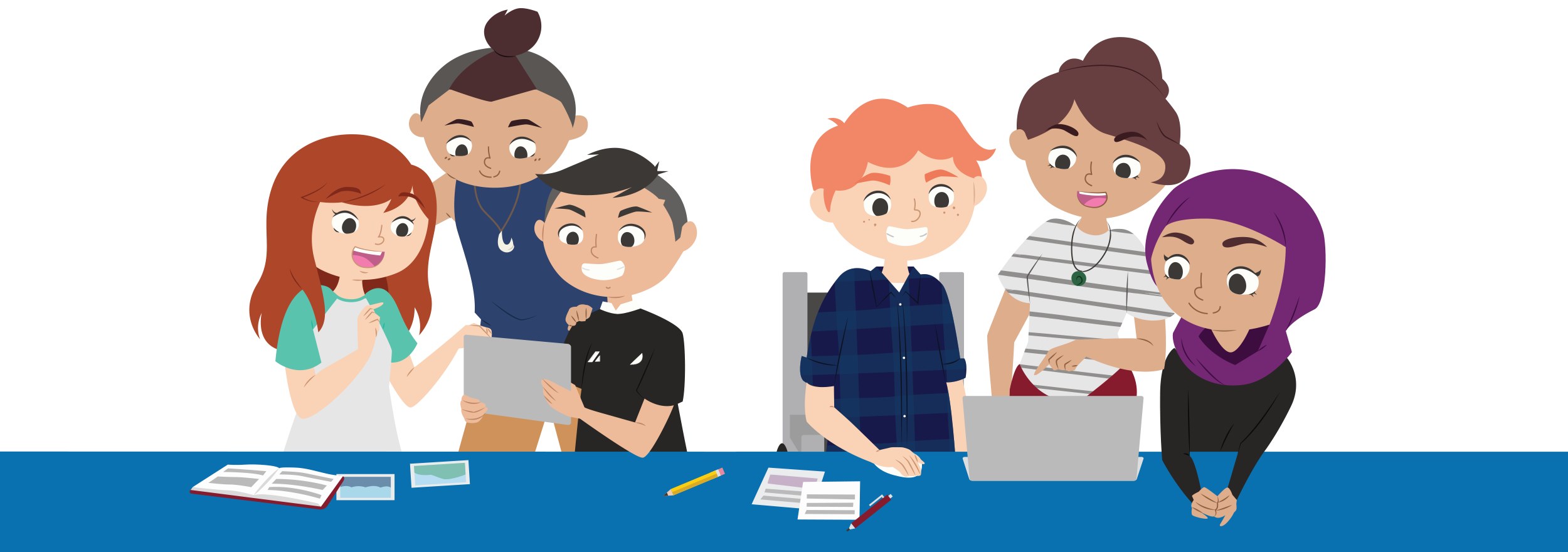Colonial power in the Pacific
This entry has collections and websites to help explore the history of New Zealand's presence and colonial power in the Pacific. It has examples of the rise of independent Pacific nations and how they sustained their culture and presence in the Pacific.
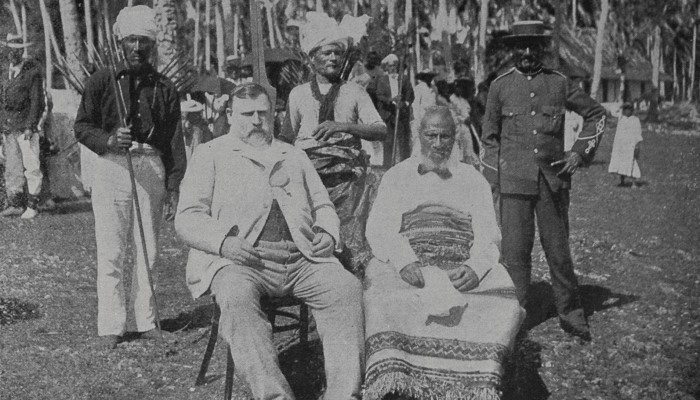
Image: Premier Richard Seddon and King Togia of the Savage Islands by Auckland Weekly News. Collection: Auckland Libraries Heritage Collections AWNS-19000824-04-02.
Keywords
Here is a list of some keywords based on the history of the Pacific Island nations that were colonised, and when they gained independence. Use these words when searching the collections and websites in this entry.
Fiji: This British colony became independent in 1970. Fiji supplied unprocessed sugar to the Colonial Sugar Refinery in Auckland.
Nauru | Republic of Nauru: Australia took control of Nauru from Germany in 1918 during World War One. Nauru became independent in 1968. They exported phosphates to New Zealand and Australia.
Kingdom of Tonga | Tonga: Tonga was the only Pacific nation not to be colonised and to have a monarch. In 2010 the nation became a modern parliamentary democracy.
Cook Islands and Niue: Became colonies of New Zealand in 1901. The Cook Islands gained independence in 1965 and Niue in 1974.
Samoa: Between 1900 and 1914, Western Samoa was a German colony, until New Zealand took control at the beginning of World War I. Samoa became became independent in 1962.
Tokelau: Administered by New Zealand since 1925. Tokelauans are New Zealand citizens, but Tokelau has its own political institutions, judicial system, and public system.
Talune: Passengers from this New Zealand passenger and cargo ship spread the 1819 flu pandemic in Samoa.
Mau movement: Samoa's peaceful campaign for independence from New Zealand began in 1927. The slogan Sāmoa mo Sāmoa meant Samoa for the Samoans.
Black Saturday 1929: On Saturday 28 December 1929, New Zealand police opened fire on Mau supporters in Apia resulting in the death of Mau supporters, Mau leader Tamasese Lealofi III, and a New Zealand constable.
World War 1 (1914 to 1918): Men from the Cook Islands, Niue and other island territories enlisted with the New Zealand Expeditionary Force (NZEF).
New Zealand's apology: In 2002, Prime Minster Helen Clark made a formal apology to the people of Samoa for the docking of the influenza-carrying ship Talune in 1918, the police shooting on Black Saturday 1929, and for the injustices caused by the colonial government of New Zealand.
Tips: Before searching it can be useful to come up with a list of words to use. These are sometimes called keywords or search words. They can be the name of a person, place, or event you are researching. You can leave out small words like ‘the’ and ‘of’ and just choose the main ones, eg 'Mau movement'. We can always change our keywords or add more if we need to.
Tips: Also keep in mind that there are different names or spellings for words. Or they could have changed over time.
Auckland resources
Here are some collections from Auckland Libraries and other reliable Auckland based museums and heritage websites. They will help you find books and information on New Zealand's control and administration in the Pacific Islands.
Auckland Libraries Catalogue
This catalogue from Auckland Libraries will help find books on Aotearoa New Zealand and Auckland's histories.
Search the catalogue using keywords like 'Mau movement' or '1918 pandemic'.
You can get fewer results by using the filters under Refine by.
Go down the page to Edition information to check if the book can be borrowed or if it's for In library use only.
Look down the page to Related Resources to find other titles related to this search.
If you have an Auckland Libraries card, you can request the item be sent to your local library.
Tips: If the status of the book is 'In library use only', it means the book can only be used in the library and can't be taken home. In this case you will need to fill out a form or speak to a librarian about reading the book in the library.
Tips: You will find lots of books that have been written over 50 years ago. While they are good sources of information, we need to remember the context and time from when they were written.
Kura — Photographs
Browse photographs, illustrations and works of art from the 1800s to the present day.
Enter the word 'Cook Islands' or 'Tonga'.
Look for Collection Name from the filters on the left of the page.
Select Album 271 to view the Visit of Members of NZ Legislature to the Cook and Other Islands, 1903.
Use the link from Related Images to get a detailed report on the visit from Papers Past.
Look at the other images from the results page, like The New Zealand Parliamentary party at Rarotonga, 1903.
Use the word 'Nauru' to find the image of The remains of the old phosphate working, Nauru.
Tips: Always remember to check the copyright or usage rights of images. This will tell you if you need permission to use the image, and how to attribute (give details about) the image.
Heritage et AL
This is the blog for Auckland Libraries. It includes articles by library staff about Auckland's history and items from their collections.
Use the search bar to enter the keywords 'Pacific Islands' to find the blog Pacific Islanders in the First World War.
The story is about the Niuean soldiers who served in the New Zealand armed forces during the First World War.
The keyword 'Samoa' will lead to the entry Celebrating Samoa about Samoan culture, and events and places in Samoa and New Zealand's history.
Tips: Blogs can be good for looking at how things have continued or changed over time. Remember, stories can be told in different ways so it’s helpful to look at multiple information sources to find different perspectives.
Kura — Oral History
Find interviews, collection series, recorded talks and events in this oral history collection.
Use the search words 'Cook Islands' to find Chris Turnbull, talk on the history of the Cook Islands government, 2019.
Go to Listen to the interview, then select the link to listen to the audio.
This is a summary of New Zealand and Britain's relationship with the Cook Islands and other island nations in the Pacific.
Not all of the oral histories are available online, so fill up the form that comes with the oral history item you want to listen to or watch, then select Submit form. The library will get in touch with you when they have the item ready for you to use.
Tips: Primary sources like oral histories are useful for hearing first-hand accounts, and gathering information about people’s values, attitudes and experiences about a topic or event from that time. Keep in mind that they may not fairly show a wide range of views or experiences.
Auckland Libraries - YouTube
The Auckland Libraries YouTube channel has many videos about Auckland’s heritage, recordings of library events, conversations with authors, talks, stories, activities, music and more. Some of the talks are delivered by historians on their specialist subjects.
Look for the search feature under the heading Auckland Libraries to enter the word 'Pacific'.
Select Heritage Talks: Connecting to the Pacific through digitalpasifik.org with Taputukura Raea.
Digitalpasifik.org is a website to explore the history and cultural heritage of countries in the Pacific region.
There are other useful videos, such as Village Life in the Pacific Islands and the Transcending Tala — Moana series. The videos are a celebration of Pacific Island people and their culture.
Tips: You will find a huge selection of videos on YouTube. We recommend you view videos from reliable sources like National Geographic, History Channel, BBC etc. These are official channels from organisations.
Tāmaki Paenga Hira | Auckland War Memorial Museum
This is one of New Zealand's significant heritage libraries. It has pictorial and art, Māori and Pacific, natural, social, and history collections. It is a great place to visit and check out exhibitions and galleries about topics involving Aotearoa New Zealand's histories.
Enter the search words 'colonial power Samoa', then select the tab called Stories.
Read the story Occupying Force: New Zealand’s Invasion of Samoa August 29, 1914.
In the same way, use the words 'Cook Islands' to read Manava Toa: the Cook Islands in WWI.
Tips: Websites that have .com or .co in the address can have good information, but you need to assess how reliable it is. Check the About link on the website, if you can find one. That can tell you what the company’s mission and values are.
General New Zealand resources
The websites below belong to government agencies, national museums, archives, libraries, and other reliable sources. They will help you find information on New Zealand's colonial presence and impact in the Pacific.
Te Ara: The Encyclopedia of New Zealand
Te Ara is an excellent starting point for all questions about Aotearoa New Zealand. If we look down to the bottom of the page, we can see that the website belongs to the Ministry for Culture & Heritage, so the information is well-researched and reliable.
Go to the Topics menu and choose Pacific peoples.
Here you will find a link to Pacific Islands and New Zealand.
The story covers New Zealand's colonisation of Samoa, Cook Islands, Niue, Tokelau and Nauru.
NZ History
NZ History is another great website from the Ministry for Culture & Heritage. It has lots of reliable information about events, people and places in the history of Aotearoa.
Go down the page to Politics and Government.
Then look under New Zealand and the world to find New Zealand in Samoa.
This section covers the colonial rule of New Zealand, the Mau movement and Black Saturday.
You could also enter the search words 'influenza Samoa' to find the story about influenza in Samoa.
Tips: We like sites like this because they’re reliable. You can tell because of their web address – they have either .govt or .ac, meaning they are from government or educational organisations. They’re also New Zealand sites, so relevant for us.
NZ On Screen
NZ On Screen is a collection of television, film, music videos and web series from the past to today. It is managed by the Digital Media Trust and funded by New Zealand On Air.
Enter the words 'Samoa flu pandemic'.
Watch the video 1918: Samoa and the Ship of Death (Talune).
This short documentary is about the 1918 flu pandemic in Samoa.
Museum of New Zealand | Te Papa Tongarewa
New Zealand's national museum in Wellington has an online collection of artworks from dinosaurs, art, zoology, history, Māori and Pacific cultures.
Go to the top of the page to Discover the collections, then select Read, watch, play from the dropdown menu.
Look down the page for Samoa.
From the images and articles, read German Samoa captured by New Zealand Troups — 29 August 1814 and Hoisting the Union Jack in Sāmoa.
Tips: You may see a message about cookies on this website. Cookies are a kind of data collector that is used by some websites to collect information about their users.
The Aotearoa History Show
This video podcast from Radio New Zealand tells the story of Aotearoa New Zealand from when the land was formed to today.
Look through the episodes for Season 2 Ep 14: New Zealand's Pacific Empire.
You can either listen to the podcast or watch it as a video.
This episode is about New Zealand's expansion of power in the Pacific region.
DigitalNZ
DigitalNZ searches online resources from New Zealand libraries, museums, universities and government sites in one place. It groups results by the type of information and has lots of primary sources.
Use the search words 'Helen Clark apology 2002'.
This will bring up a range of items.
Read the article New Zealand prime minister to lay wreath in Samoa.
Try the search words 'Pacific history'.
Watch the videos Untold Pacific History - Episode 3: Samoa / NZ's colonisation of Samoa & the Mau Movement and Lest We Forget the 500 Cook Islands Soldiers.
Tips: Websites that have .org or .net in the address can have good information, but you need to assess how reliable it is. Check the About us link on the website, if you can find one. That can tell you what the organisation’s mission and values are.
Books
You can also visit your local public library for books on Auckland and Aotearoa New Zealand histories. Listed below are a few titles to help you with your search for books on this topic:
The 1918 deadly epidemic in Samoa by Helen Tau' as Filisi
Mau: Samoa's struggle against New Zealand oppression by Michael Field
Samoa mo Samoa : Black Saturday 1929 by Michael Field
Hiapo: past and present in Niuean barkcloth by John Puhiatau Pule and Nicholas Thomas
Two hundred changing years : a story of New Zealand's little sisters in the Pacific : the Cook Islands, the Tokelau Islands, and Niue Island by Marjorie Tuainekore Crocombe and Eric Heath
Samoan heroes by David Riley
SCIS no: 5496687
More about Auckland
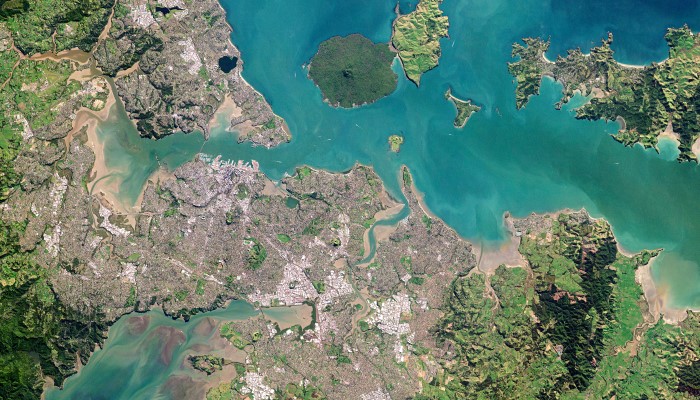
Local iwi
There are many iwi with ancestral relationships to Tāmaki Makaurau. This page lists iwi and websites which have information about their histories.
Learn about local iwi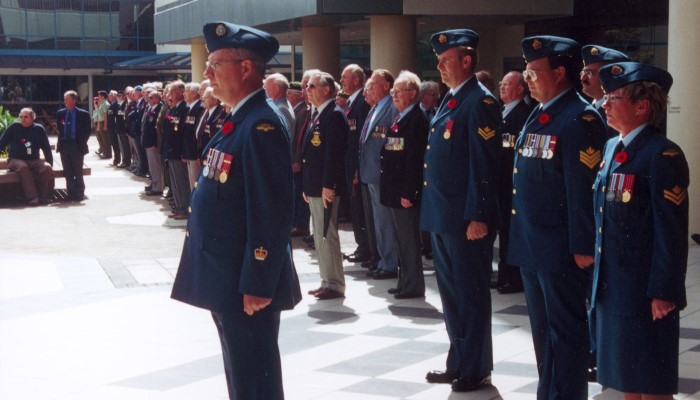
Changing views on conflict
This entry recommends resources to find out how New Zealand's involvement and views of conflict have changed over time, and how wars are commemorated. It also looks at New Zealand's work with the United Nations and current ideas of national identity.
Learn about changing views on conflict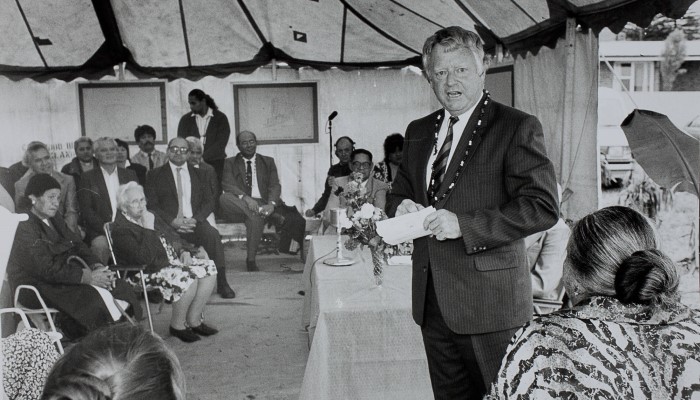
Decolonising the Pacific
This entry will help you find the best websites and collections to explore the decolonisation of the Pacific, including Aotearoa New Zealand's continued interests in the region.
Learn about decolonising the Pacific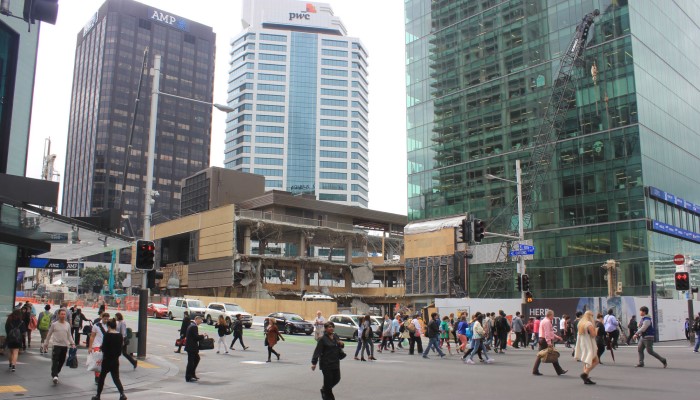
Economic independence and vulnerability
This entry will help you find information about the history behind Auckland's economic progress and independence, and the factors that impacted it.
Learn about economic independence and vulnerability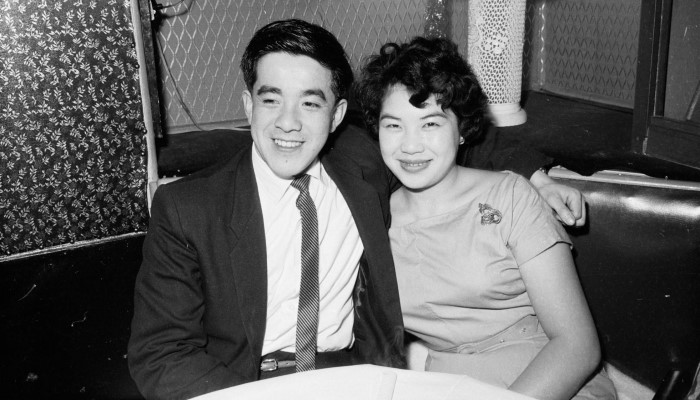
Finding a place in Aotearoa New Zealand
Since the 1700s, new people have immigrated to Aotearoa. Some came in search of a better way of life or because their country was no longer safe. Newcomers could experience racism and discrimination. They also helped shape New Zealand as a country.
Learn about finding a place in Aotearoa New Zealand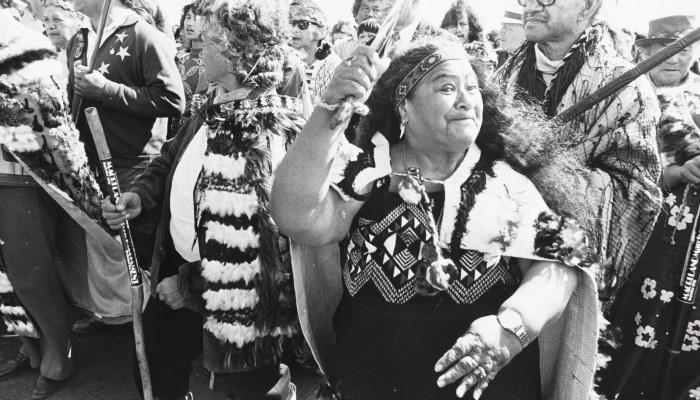
Mana in Māori society
This entry has websites to help you understand the different meanings of mana and its importance in political, social and traditional relationships in Māori society.
Learn about mana in Māori society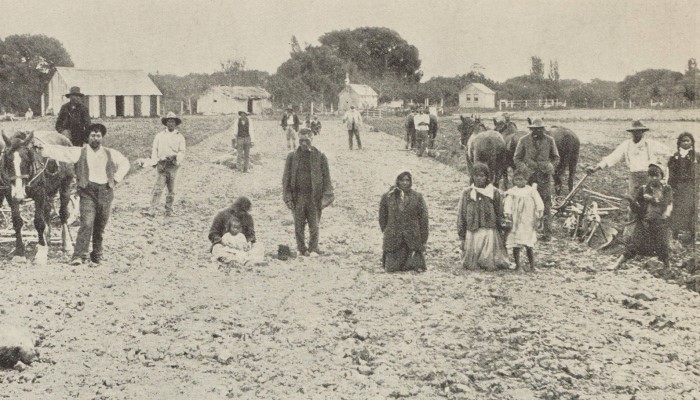
Māori economy: opportunities and challenges
This entry will help you find the best websites and databases that explore the history and development of the Māori economy including the challenges Māori faced from the New Zealand Wars, land sales and decisions made by the Native Land Court.
Learn about māori economy: opportunities and challenges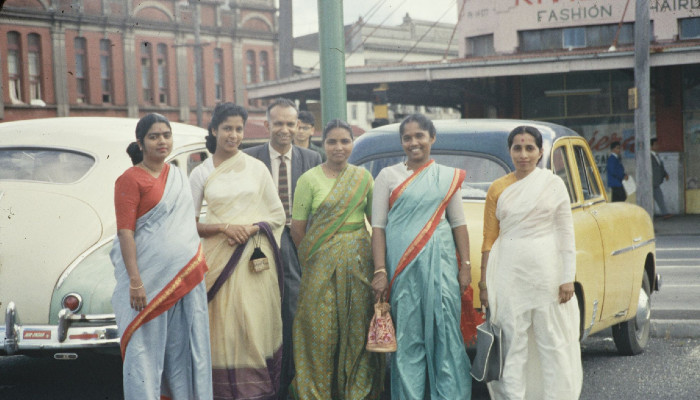
Peopling the colony: inclusion and exclusion
This entry recommends places to find information about the history of immigration to Tāmaki Makaurau and New Zealand. This includes immigration laws and changes, the role of Māori in immigration, and the government's attempt to set right past injustices.
Learn about peopling the colony: inclusion and exclusion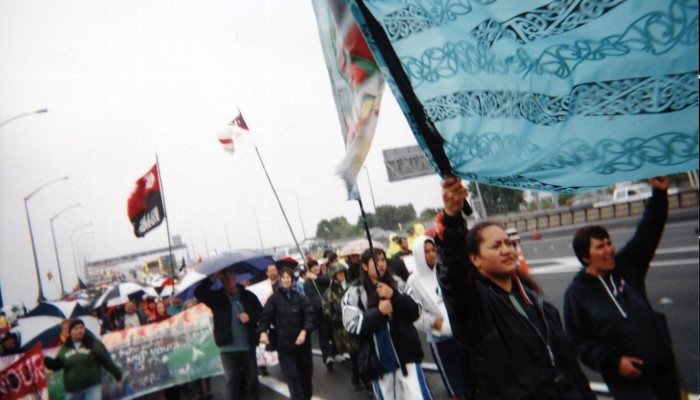
Sovereignty vs rangatiratanga: wars, laws and policies
This entry recommends websites where you can find information about the impacts of land laws on Māori, the New Zealand Wars, and attempts by Māori to find justice and build a relationship with the Crown.
Learn about sovereignty vs rangatiratanga: wars, laws and policies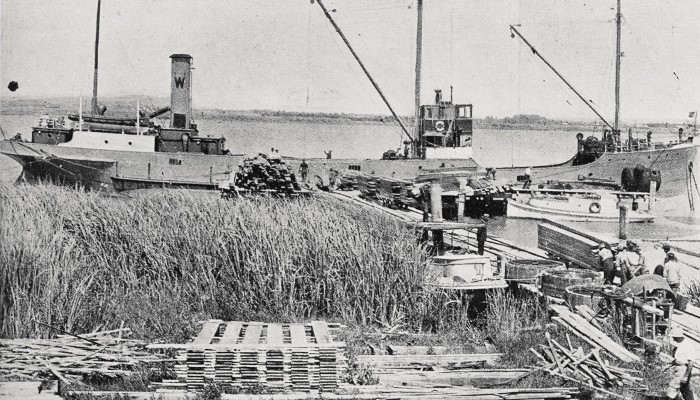
Technology and economic development
This entry will help you understand how advances in technology and land acquisition developed Auckland's economy but greatly impacted Māori and their economy.
Learn about technology and economic development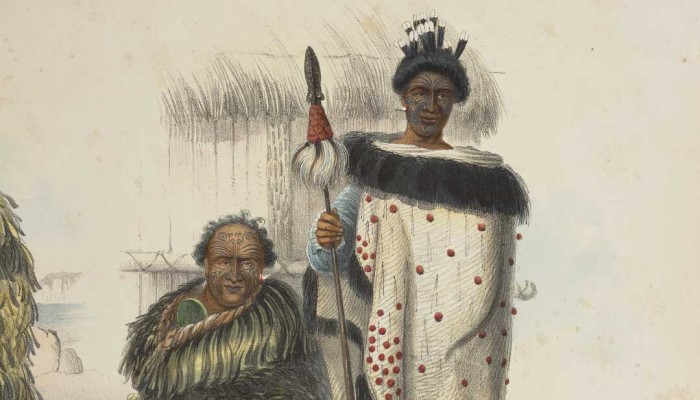
Te Tiriti o Waitangi
This entry recommends websites and collections to find information about He Whakaputanga o te Rangatiratanga o Nu Tireni | The Declaration of Independence and the Treaty of Waitangi | Te Tiriti o Waitangi, their significance, and the signatories.
Learn about te Tiriti o Waitangi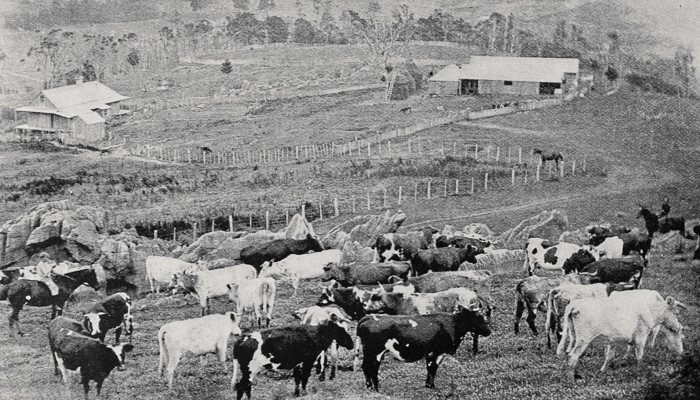
Transforming environments
This entry explores changes made by settlers to Aotearoa's natural environment, their naming of places and features, and efforts to conserve and restore its natural beauty.
Learn about transforming environments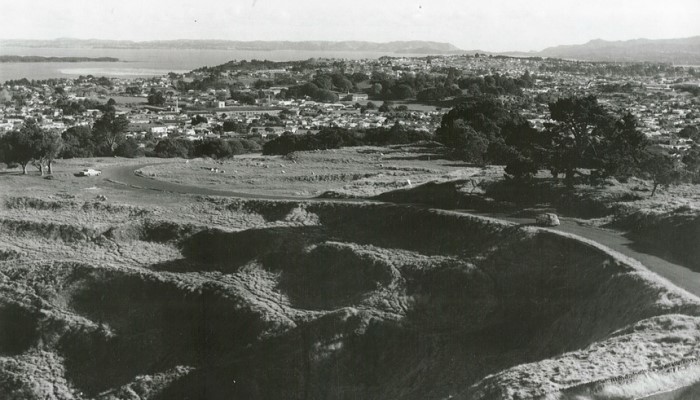
Transforming te taiao
This entry will help you find information on the changes made to the environment by pre-European Māori, and their care and connections to te taiao (the natural world).
Learn about transforming te taiao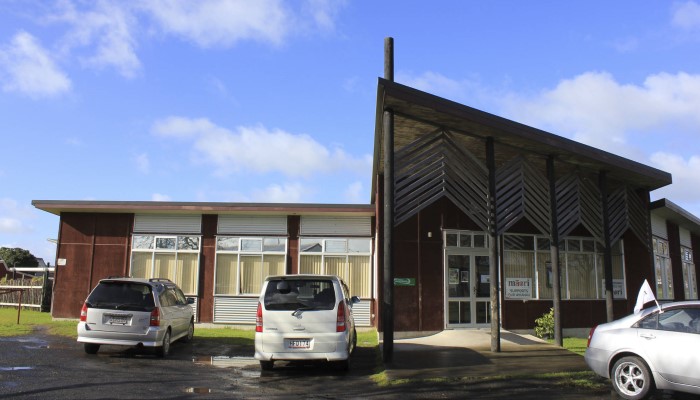
Urbanisation and being Māori
This entry will help you find information about Māori migration to cities, their challenges, and what this meant for their identity as Māori. You will also find information about some protests Māori were involved in to challenge political and social ideas.
Learn about urbanisation and being Māori
